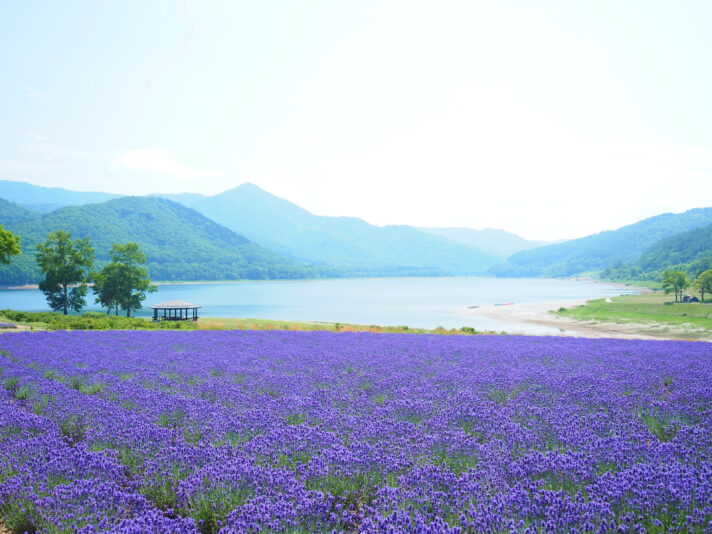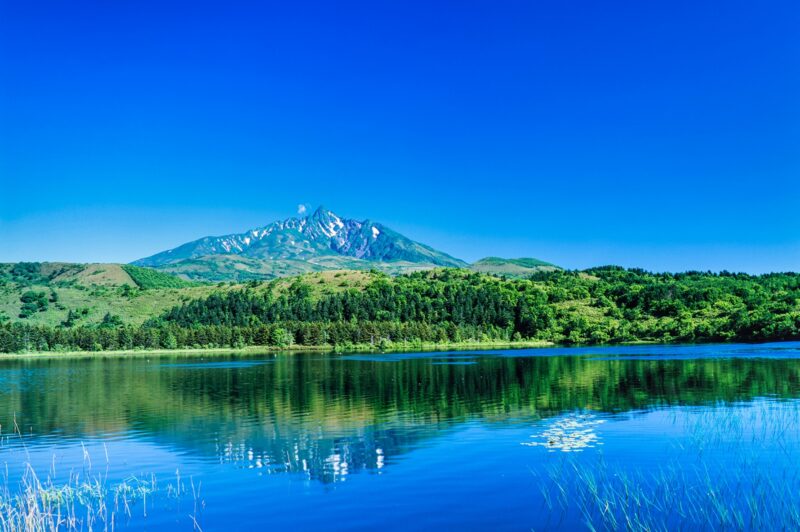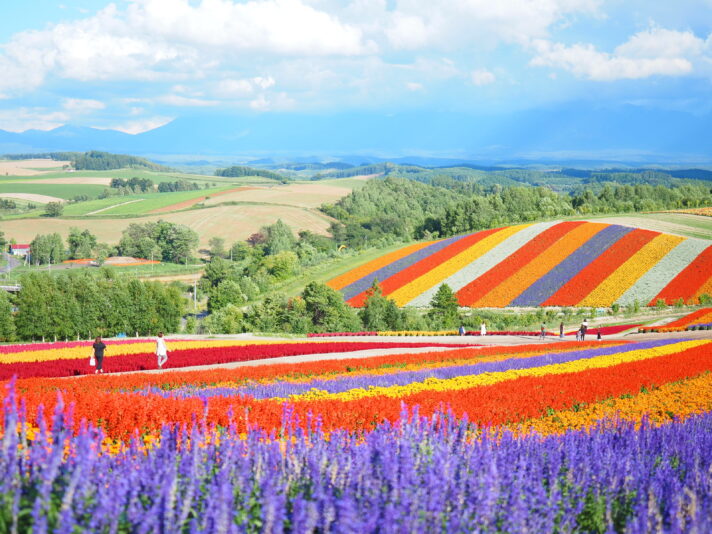Hokkaido Prefecture
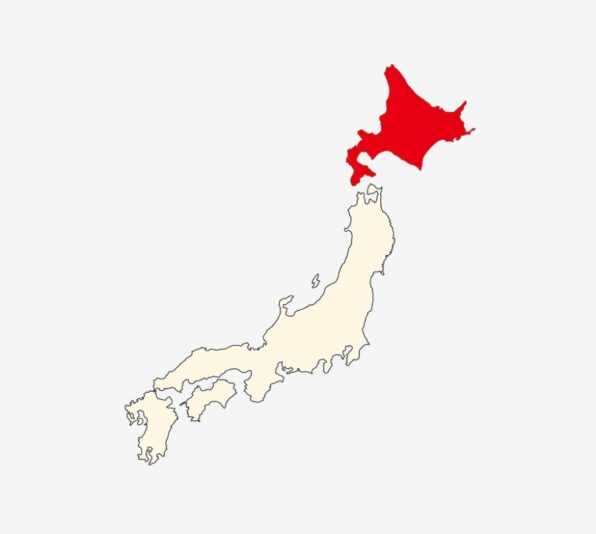
The second-largest island of Japan with natural splendors
As the most unspoiled of Japan’s four main islands, the northmost island – Hokkaido attracts many nature lovers with its clean air, crystal-clear blue skies, vibrant flowers, rolling hills, and majestic mountains. While Hokkaido’s climate and landscape differ from the rest of Japan, it has become a major agricultural region, including rice cultivation.
Cold climate
The Teshio Mountains, Kitami Mountains, Ishikari Mountains, and Hidaka Mountains run through the center (the roof of Hokkaido). Approximately 70% of Hokkaido is forested, making it a land blessed with a rich natural environment. The climate is generally cold, with short summers and long winters, with heavy snowfall in the western regions. There is no rainy season, and typhoons rarely make landfall.
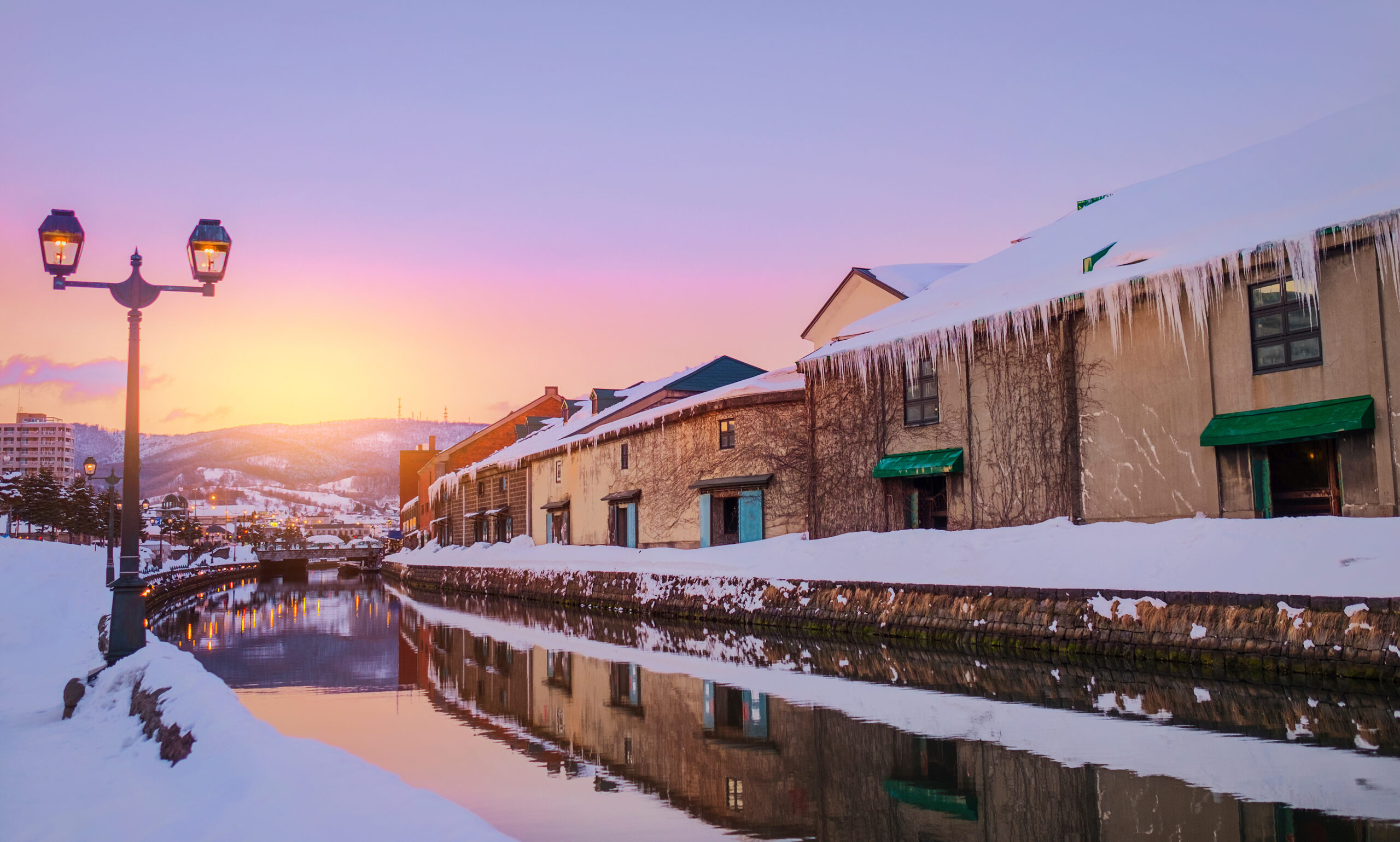
Sapporo – a dynamic urban hub
At the heart of Hokkaido lies Sapporo, the capital and beating cultural heart of the island. Known globally for its annual Snow Festival and locally for its delectable seafood, Sapporo seamlessly blends modernity with tradition. Visitors can traverse its vibrant streets, explore historical sites, and indulge in a culinary journey at the bustling Nijo Market.
Culinary Delights
Hokkaido is a gastronomic paradise, celebrated for its fresh seafood, succulent Yubari melons, delectable Hokkaido cheese tarts and the hearty miso ramen that warms the soul. The island’s agricultural bounty contributes to a farm-to-table experience that is both wholesome and delicious. Exploring the culinary landscape of Hokkaido is a delightful journey that showcases the region’s commitment to high-quality, locally sourced ingredients. Whether you’re a fan of seafood, dairy, or hearty comfort food, Hokkaido has something to satisfy every palate.
Featured rice varieties
Some of the popular rice varieties cultivated in Hokkaido include Yumepirika and Nanatsuboshi. These varieties are known for their unique taste and texture, influenced by the island’s climate and soil composition.




